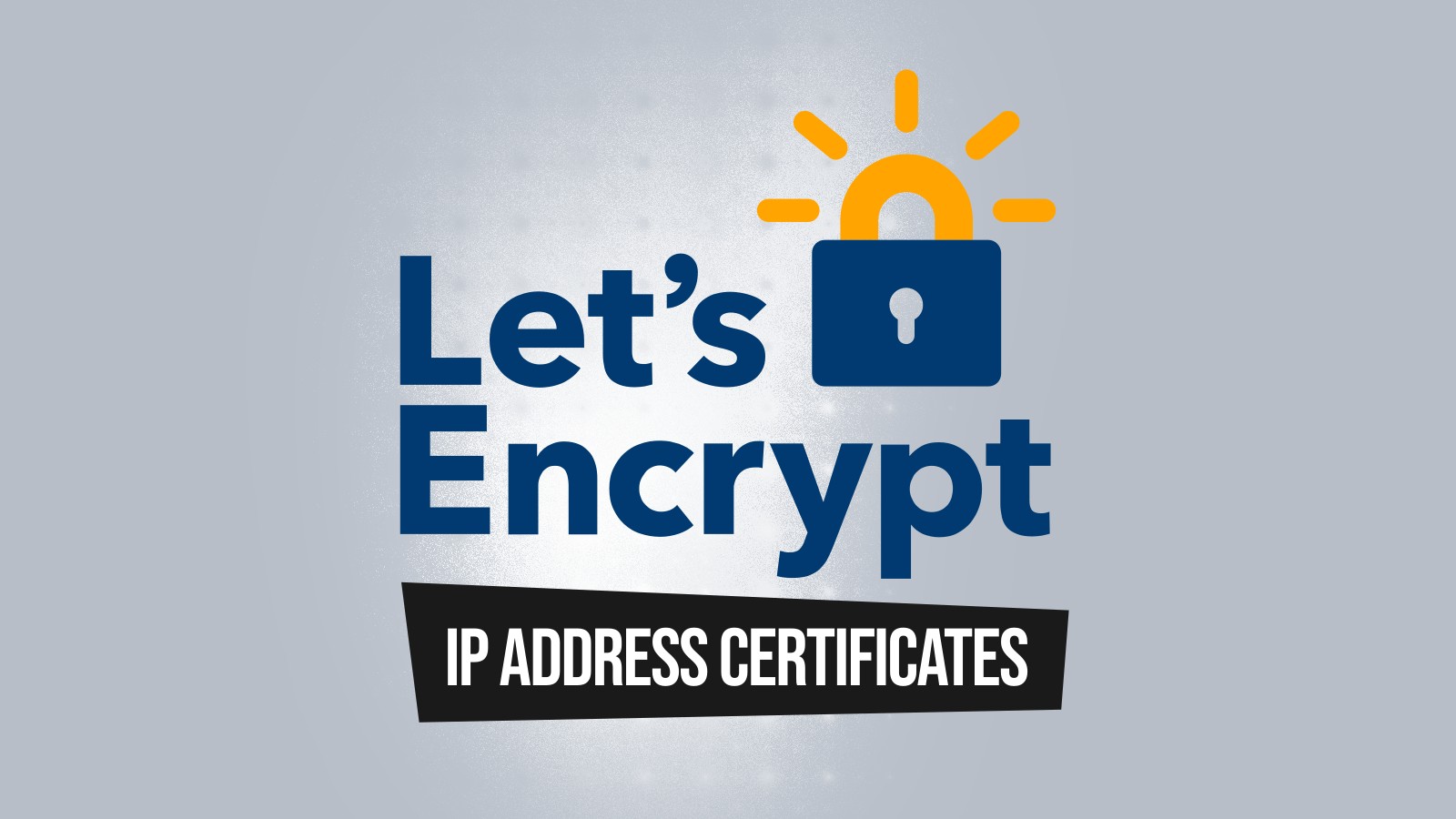Who benefits from this? Even though Let’s Encrypt stresses that most site operators will do fine sticking with ordinary domain certificates, there are still scenarios where a numeric identifier is the only practical choice:
Infrastructure services such as DNS-over-HTTPS (DoH) – where clients may pin a literal IP address for performance or censorship-evasion reasons.
IoT and home-lab devices – think network-attached storage boxes, for example, living behind static WAN addresses.
Ephemeral cloud workloads – short-lived back-end servers that spin up with public IPs faster than DNS records can propagate.



use the official home.arpa as specified in RFC 8375
No thanks. I get some people agreed to this, but I’m going to continue to use
.lan, like so many others. If they ever register.lanfor public use, there will be a lot of people pissed off.IMO, the only reason not to assign a top-level domain in the RFC is so that some company can make money on it. The authors were from Cisco and Nominum, a DNS company purchased by Akamai, but that doesnt appear to be the reason why.
.homeand.homenetwere proposed, but this is from the mailing list:https://mailarchive.ietf.org/arch/msg/homenet/PWl6CANKKAeeMs1kgBP5YPtiCWg/
So, corporate fear.